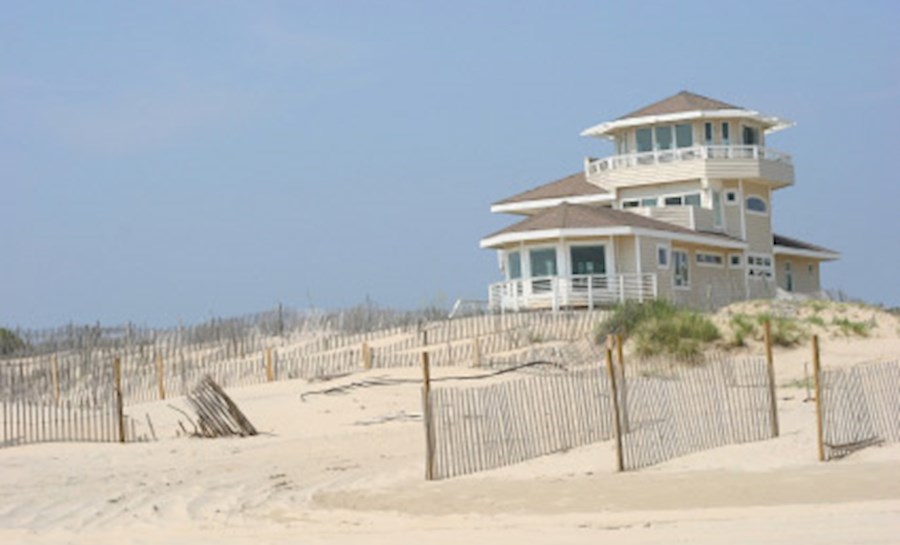Have a second home? Now that school is out and the weather is nice, many tax payers with a second home will be traveling between the two properties and spending this seasons in their favorite locations. If you’re considering renting your summer home out, there are important tax implications to consider when deciding how long you’re going to rent your home out during the season.
You may be required to pay taxes on any income you earn during the rental period. As a landlord, your tax situation may also allow you to claim several deductions and lower your taxable income.
If you rent your second home to others but still uses it as a personal residence may be limited in the deductions they can obtain. According to the IRS, a home is considered “a personal residence” if the owner(s) use it for personal purposes for more than the greater of 14 days or 10% of the time that it's rented. If the home is rented out for most of the year, it may be considered a residential rental property.
If your home is considered a residential rental property, you may be permitted to claim deductions relating to the maintenance of the property. These write-offs include:
- interest
- depreciation
- insurance
- property management fees
- cleaning
- repairs
- utilities
- and more
Current tax rules state that if you plan to rent your home for 14 or fewer days, you are not required to pay taxes on rental income. If you exceed 14 days, tax rules for rental income apply! This advice is about federal tax rules only. Local and state taxes may still apply, regardless of the length of time the home was rented.
Be sure to speak with your Liberty Tax Service professional if you have any additional questions about your rental property. Find an office in your neighborhood.
